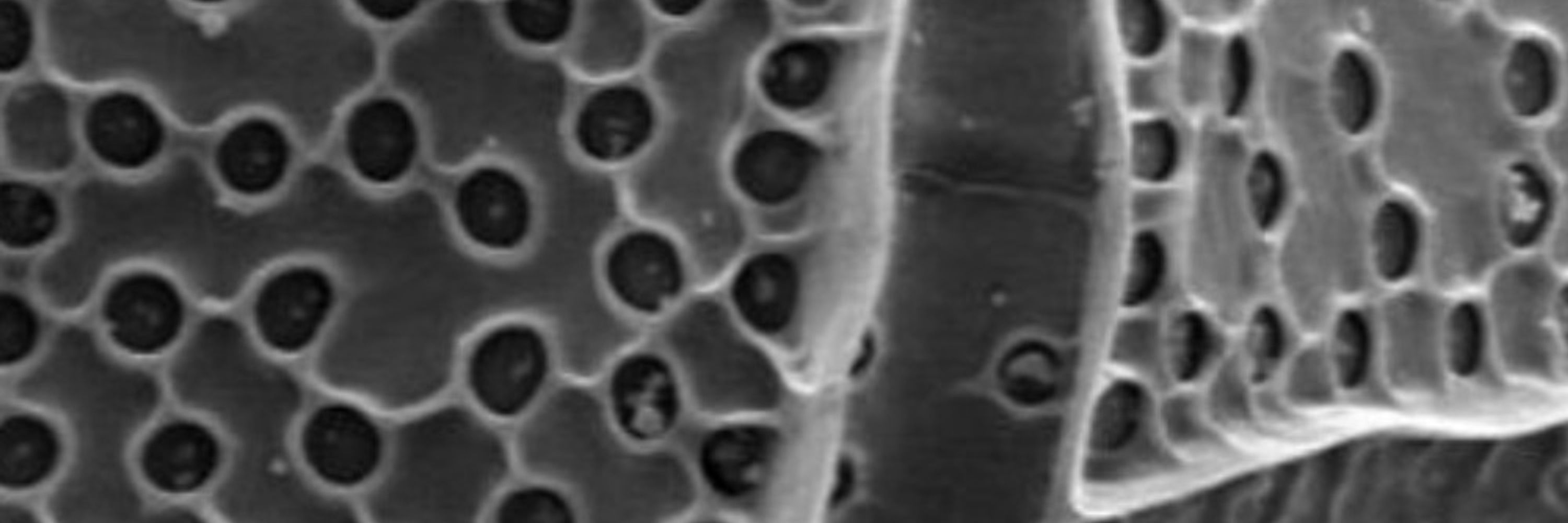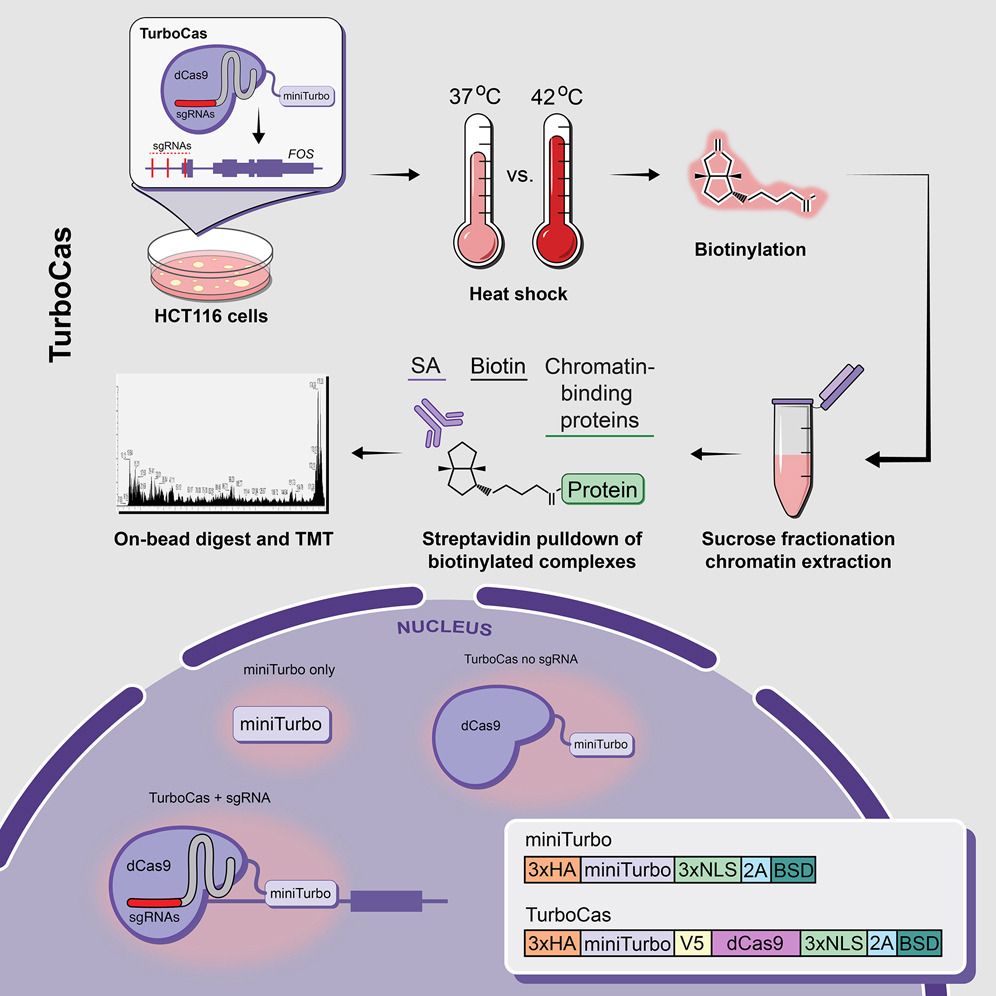Jalees Rehman
@jalees.bsky.social
1.8K followers
810 following
510 posts
Head, Dept of Biochemistry & Molecular Genetics, Univ of Illinois, College of Medicine: cell biology, vascular biology, genomics, computational biology, immunology, regeneration, neuroscience; https://chicago.medicine.uic.edu/bmg/profiles/rehman-jalees/
Posts
Media
Videos
Starter Packs
Jalees Rehman
@jalees.bsky.social
· Jul 1
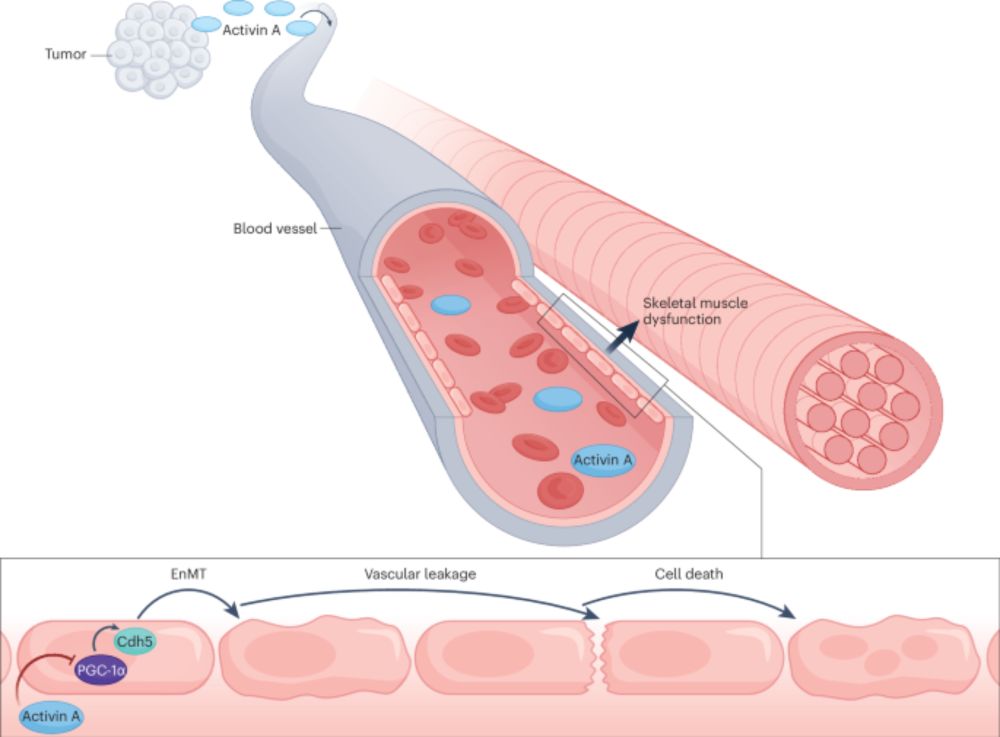
Vascular collapse leads to muscle wasting in cancer cachexia - Nature Cancer
Muscle atrophy in cachexia drives weight loss and represents a major complication for patients with cancer. The tumor-derived cytokine activin A is now shown to decrease endothelial cell viability in ...
nature.com
Reposted by Jalees Rehman
Nature Cancer
@natcancer.nature.com
· Jun 4
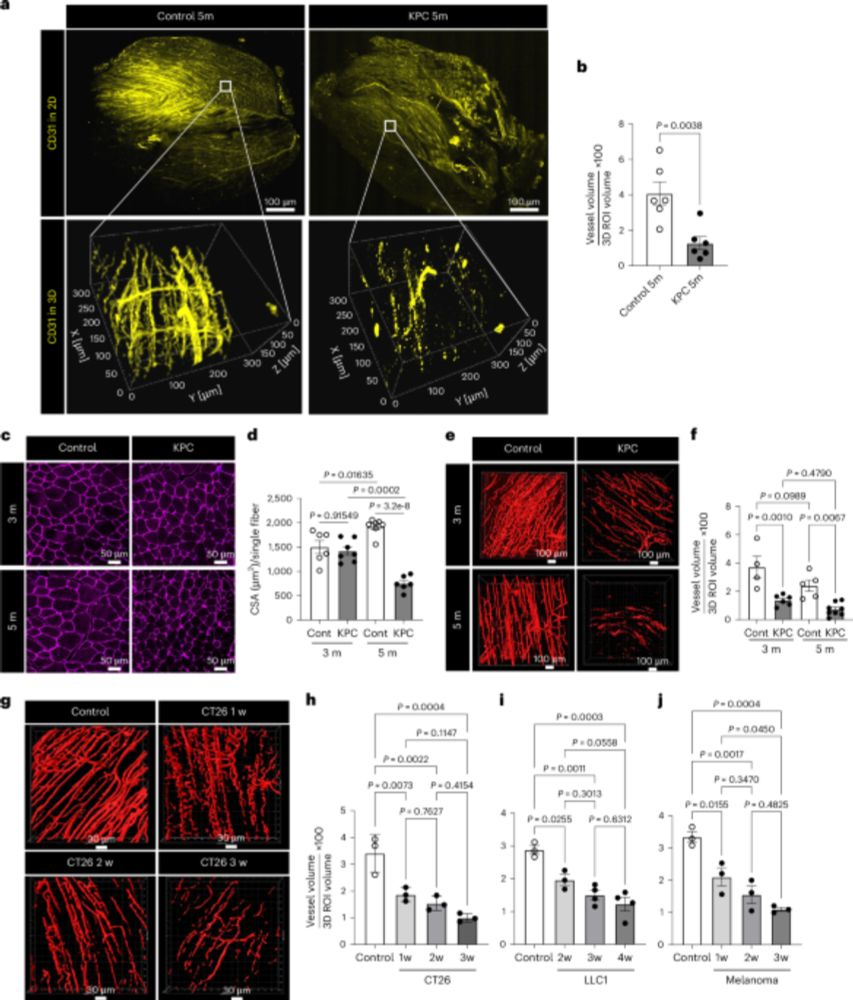
Skeletal muscle endothelial dysfunction through the activin A–PGC1α axis drives progression of cancer cachexia - Nature Cancer
Using multiple in vivo mouse models, Rehman and colleagues report that tumor-induced impairments in the muscle vasculature mediated by circulating activin A contribute to cachexia development during c...
www.nature.com
Jalees Rehman
@jalees.bsky.social
· May 29
Jalees Rehman
@jalees.bsky.social
· May 29
Jalees Rehman
@jalees.bsky.social
· May 29
Jalees Rehman
@jalees.bsky.social
· May 29
Jalees Rehman
@jalees.bsky.social
· May 29
Jalees Rehman
@jalees.bsky.social
· May 29
Jalees Rehman
@jalees.bsky.social
· May 29
Jalees Rehman
@jalees.bsky.social
· May 29
Jalees Rehman
@jalees.bsky.social
· May 29
Jalees Rehman
@jalees.bsky.social
· May 29
Jalees Rehman
@jalees.bsky.social
· May 29
Jalees Rehman
@jalees.bsky.social
· May 29
Jalees Rehman
@jalees.bsky.social
· May 29
Jalees Rehman
@jalees.bsky.social
· May 29
Jalees Rehman
@jalees.bsky.social
· May 29
Jalees Rehman
@jalees.bsky.social
· May 29
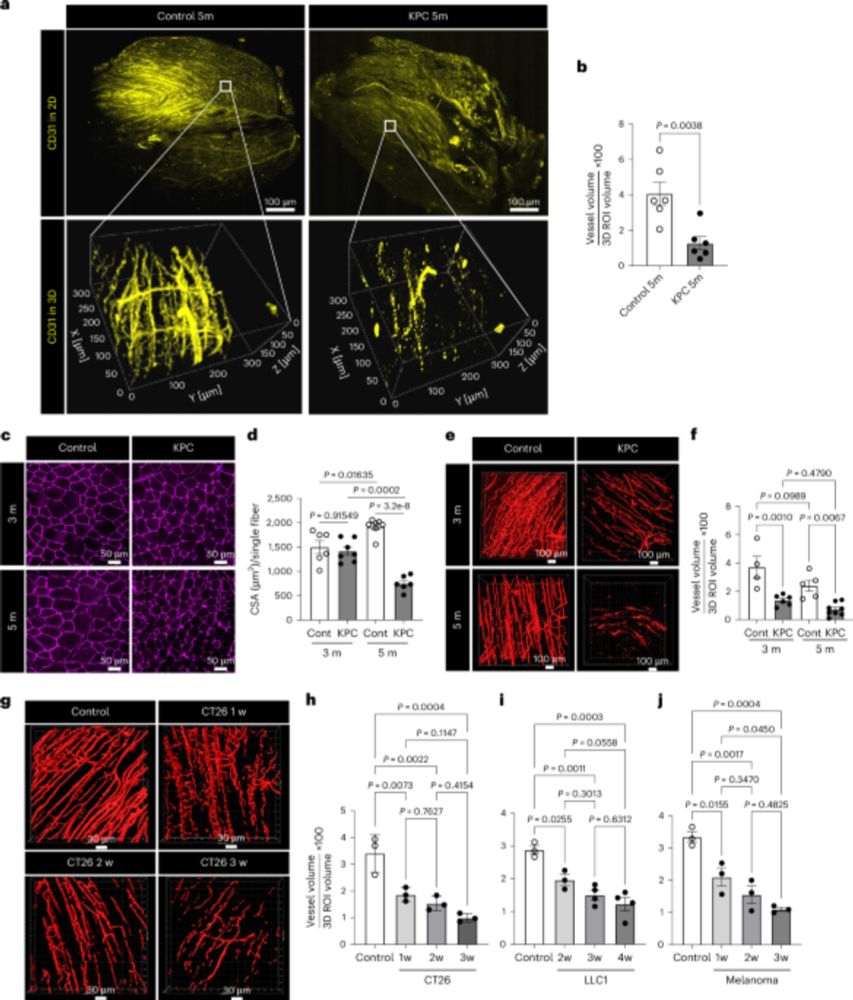
Skeletal muscle endothelial dysfunction through the activin A–PGC1α axis drives progression of cancer cachexia - Nature Cancer
Using multiple in vivo mouse models, Rehman and colleagues report that tumor-induced impairments in the muscle vasculature mediated by circulating activin A contribute to cachexia development during c...
nature.com
Jalees Rehman
@jalees.bsky.social
· May 26
Reposted by Jalees Rehman
Mark Sanborn
@sanbomics.bsky.social
· Feb 24
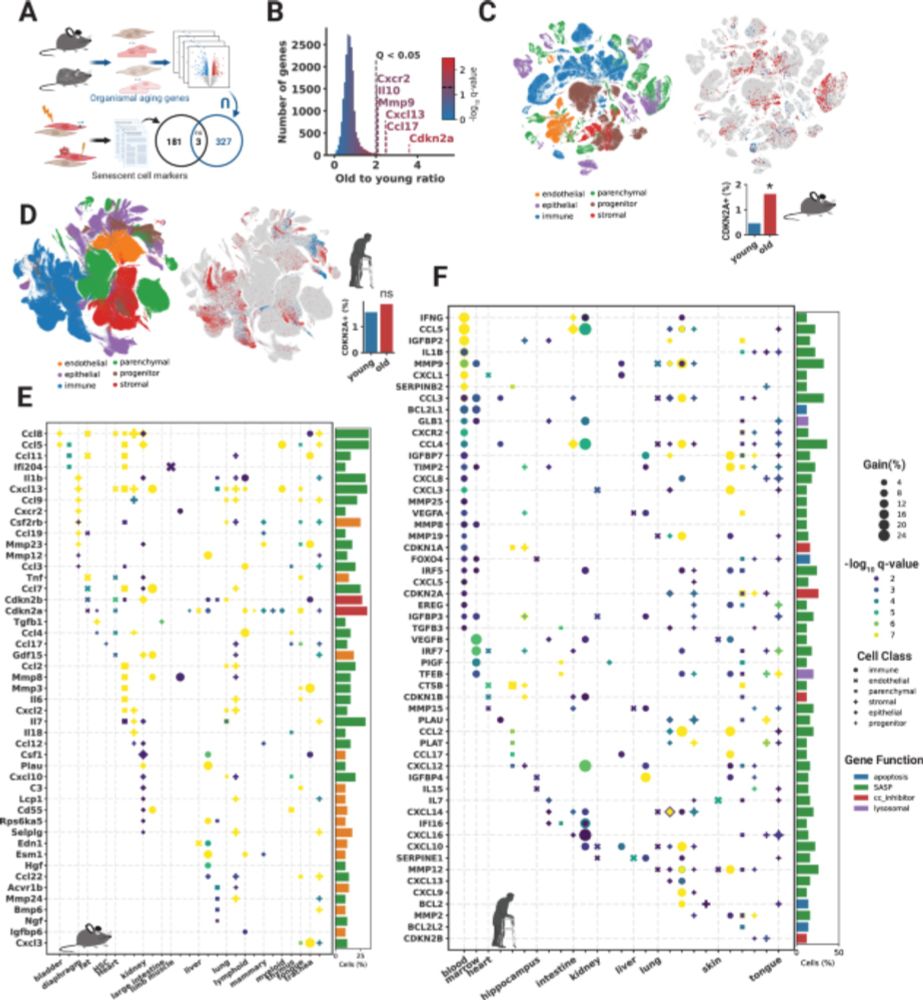
Unveiling the cell-type-specific landscape of cellular senescence through single-cell transcriptomics using SenePy - Nature Communications
Senescent cells accumulate in tissues with aging and disease but are difficult to detect due to distinct cell-type-specific senescence phenotypes. Here, the authors present the SenePy algorithm to ide...
www.nature.com
Jalees Rehman
@jalees.bsky.social
· Jan 3
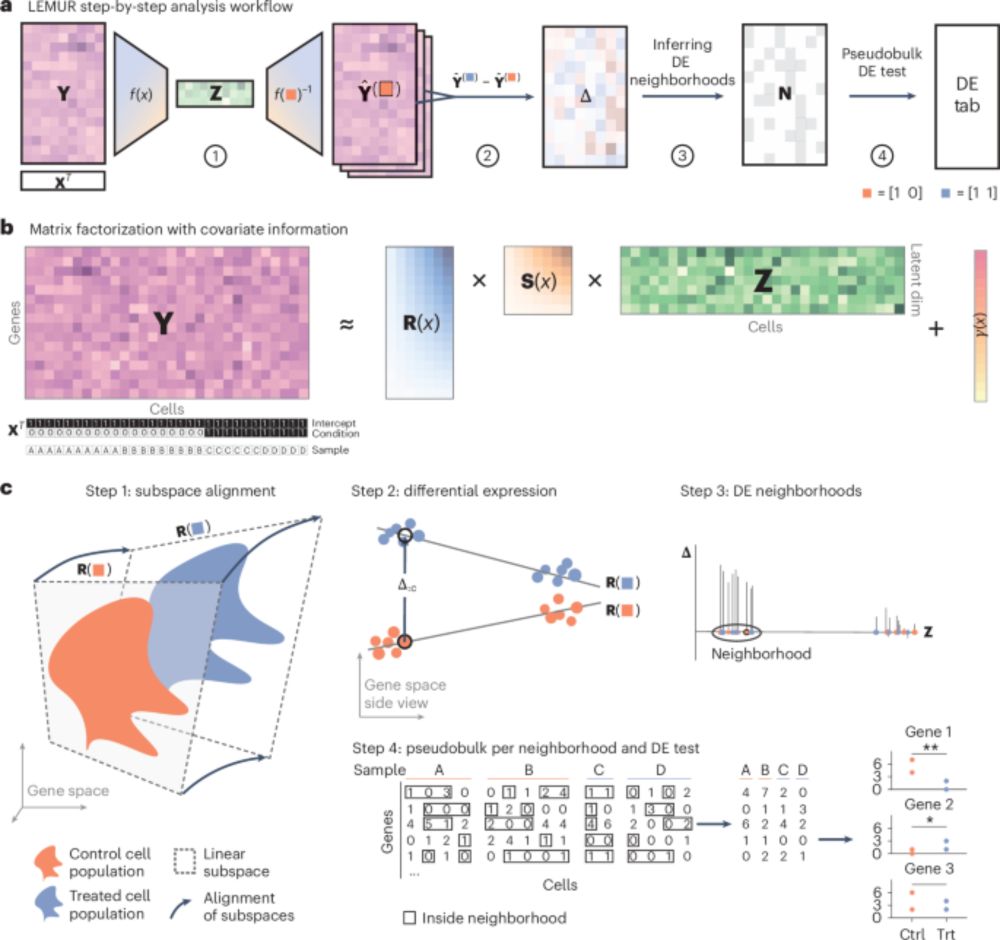
Analysis of multi-condition single-cell data with latent embedding multivariate regression - Nature Genetics
Latent embedding multivariate regression models multi-condition single-cell RNA-seq using a continuous latent space, enabling data integration, per-cell gene expression prediction and clustering-free ...
www.nature.com
Jalees Rehman
@jalees.bsky.social
· Jan 3
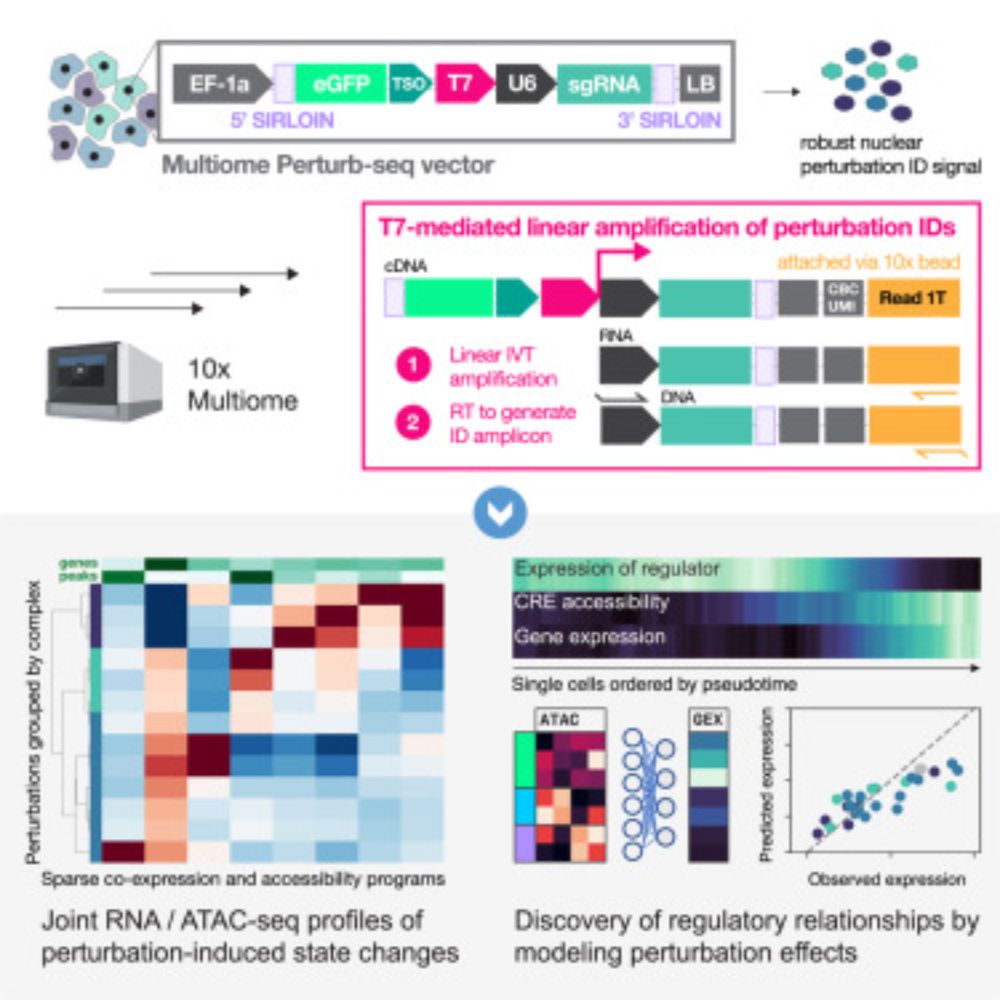
Multiome Perturb-seq unlocks scalable discovery of integrated perturbation effects on the transcriptome and epigenome
Single-cell CRISPR screens link genetic perturbations to transcriptional states, but high-throughput methods connecting these induced changes to their…
www.sciencedirect.com
Jalees Rehman
@jalees.bsky.social
· Jan 3
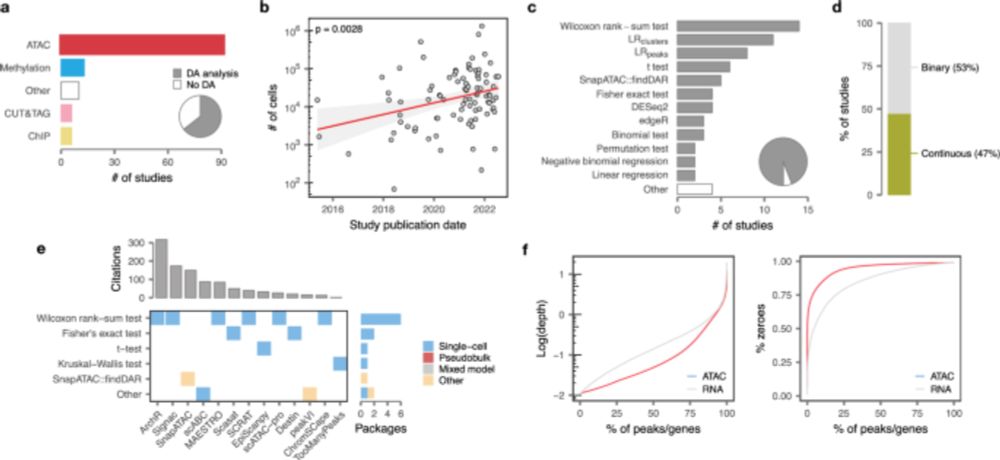
Best practices for differential accessibility analysis in single-cell epigenomics - Nature Communications
The authors conduct a comprehensive assessment of statistical methods for identifying differentially accessible (DA) regions in scATAC-seq data, using a compendium of scATAC-seq experiments paired wit...
www.nature.com
